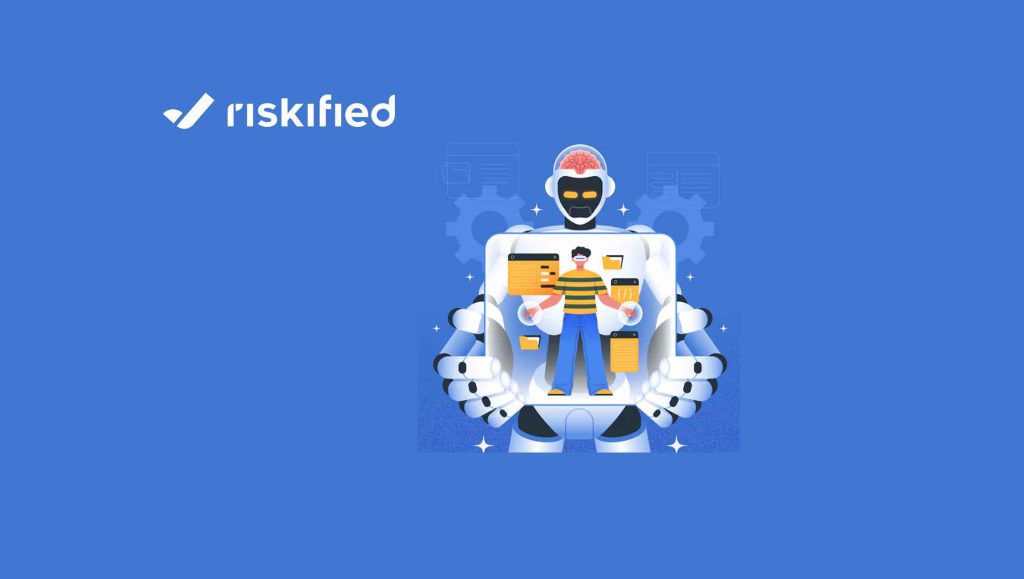All companies desire growth — and the faster, the better. Small- and medium-sized businesses (SMBs) may be caught off guard when their company picks up so much steam that it threatens to go off the proverbial rails. Most eCommerce platforms are set up to operate on a set scale and stay that way without an eye toward future expansion. Mikel Lindsaar, founder and CEO of StoreConnect, knows that SMBs need a scalable eCommerce 3.0 platform that provides a single source of truth to promote sustainable growth.
Entrepreneurs understand the risks associated with creating an eCommerce business in a fiercely competitive, virtual marketplace. Still, the excitement of creating a brand voice that can be heard above the digital din urges them forward. Mikel Lindsaar, founder and CEO of StoreConnect, explains, “SMBs are ready to enter the global marketplace. They work very hard to compete and have no time to waste setting up a website and customer service management system while coordinating orders, inventory, and payments. Often, they experience sudden growth, yielding volume exceeding introductory plans on the platforms that launched them.” Lindsaar cautions SMBs, “These basic platforms can no longer scale with your burgeoning business and see your company as just another $20-per-month customer. Costs add up, and the necessity of moving to a larger platform creates frustration, along with wasted time and money.”
Discouraging data from the Bureau of Labor Statistics reports that roughly 20% of small businesses fail in their first year, and approximately 50% fail in their fifth year.(1) Another sobering study, the Startup Genome Report, researched more than 3,200 high-growth tech startups and found that over 90% fail primarily as a result of their own self-destruction rather than from their competition, with 74% of startups failing due to premature scaling.(2)
Read More: Genesys Strengthens India Leadership Team To Drive Innovation And Business Momentum
StoreConnect has been building and hosting our client’s software applications for over a decade, keeping them online, scaled, and secure. We are one of the most successful growing partners within the Salesforce framework.
Scalability is about capacity and capability and requires planning, resources, and the right systems, processes, and technology for businesses to manage their buildup successfully.(3) Without a secure foundation, unanticipated growth can lead to unanticipated chaos. A once-adequate eCommerce platform becomes obsolete in an instant. It can no longer keep up with orders or precisely calculate inventory, shipping, and delivery demands, which can devastate your brand image.
So, what happens when your store that usually handles 3,000 orders a month suddenly receives that volume in an hour, and your eCommerce platform can’t keep up? It crashes and burns. Research from Uptime Institute’s 2022 Outage Analysis Report finds that over 60% of network outages cost businesses more than $100,000, and 15% cost more than $1 million.(4)
Read More: SalesTechStar Interview with Joe Dillon, Executive Vice President of Sales at Baffle
Everyone knows about large name-brand websites that went offline due to sudden growth, such as on September 16, 2020, when Sony hosted an event introducing the highly-anticipated PlayStation 5 home video game console. Sony announced that preorders would be available the next day, over a month prior to the official release on November 20, 2020. At the same time, Microsoft’s Xbox also went live for preorders. Electronics retailers knew this was coming and should have made advance preparations, but they didn’t. The simultaneous flood of millions of orders and customers constantly refreshing their browsers led to their eCommerce content management systems crashing and blocking customers to protect their businesses from hacking attempts.(5)
But Lindsaar shares how StoreConnect successfully ramped up an SMB from 3,000 orders per month (one every 15 minutes) to 35,000 orders placed in less than two days (one every couple of seconds). He elaborates, “This business sold 20 times its usual monthly revenue in two days. With no warning. No pre-warning of the caches. No pre-scaling of servers. Without even a second thought at scaling, they opened the doors and invited tens of thousands of new customers to their store. All without crashing, slowing down, or providing a bad customer experience. So when clients ask us if StoreConnect can scale, I say yes, yes we can, and tell them about this event.”
He adds, “Our StoreConnect servers run independently of their Salesforce backend and synchronize constantly, which means that the added time spent by humans processing those 35,000 orders and the software triggers within Salesforce that handled allocation, stock, etc., in no way slowed down the end-user customer experience.” StoreConnect is Salesforce-native, which means that data and data processing occurs within the Salesforce platform rather than a third-party server. This provides a single source of truth for all eCommerce and marketing.
Lindsaar observes, “StoreConnect has been building and hosting our client’s software applications for over a decade, keeping them online, scaled, and secure. We are one of the most successful growing partners within the Salesforce framework. For small- and medium-sized businesses — Time is money. — And StoreConnect is Time. Well spent.”






















